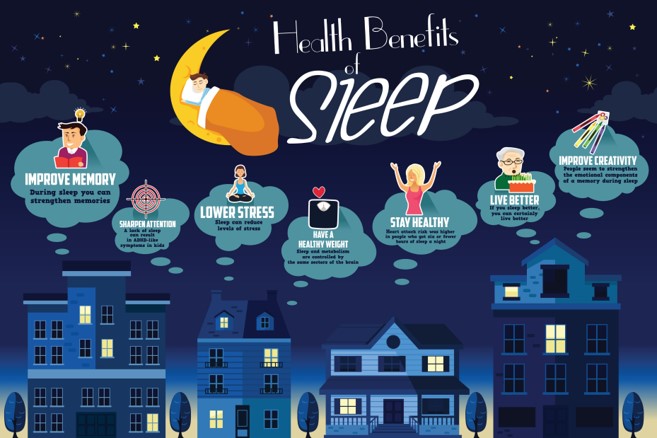What is participant and public involvement (PPI)?
When the public and participants are able to contribute and by extension improve research. Involvement can take part at different parts of a research project such as design of materials, project proposals and/or feedback from studies that have already been done. It is important to distinguish that PPI does not refer to actual participation in studies but rather, involvement in how the research is delivered. This contribution can be particularly valuable in research that involves humans, health and social care topics.
There are multiple approaches to promote PPI and these depend on the level of impact that the PPI will have on the research. PPI can go from consulting members of the public on general aspects of research such as places to recruit, or perhaps a more formal collaboration where the public can provide their views on research materials which will be adapted to include their input during the study.
High quality public involvement can make a noticeable difference to research as it allows research standards to be constantly reviewed for identification of improvements in procedures and protocols. It allows the research to have a higher ecological value as well as promote studies that are sensitive and relevant to the populations of interest which will ultimately improve the quality of the data and hence, the quality of research.
How do we promote PPI in SBRU research?
We endeavour to develop all research projects in joint collaboration with representatives of patient and participant groups as well as relevant public services. We encourage all our participants to provide feedback after taking part in a sleep study in order to improve research practice. We also collaborate with services that aid our recruitment efforts such as Join Dementia Research forum that helps members of the general public learn about dementia related research and get involved with it. Additionally, through our website, we encourage all members of the public to get in touch with our team regarding any research enquiry.
Further information:
Resources for PPI from the National Institute for Health Research (NIHR)
The Cochrane organization - A global independent network of specialists that organize medical research findings to promote evidence-based choices about health.


:focus(1959x801:1960x802))